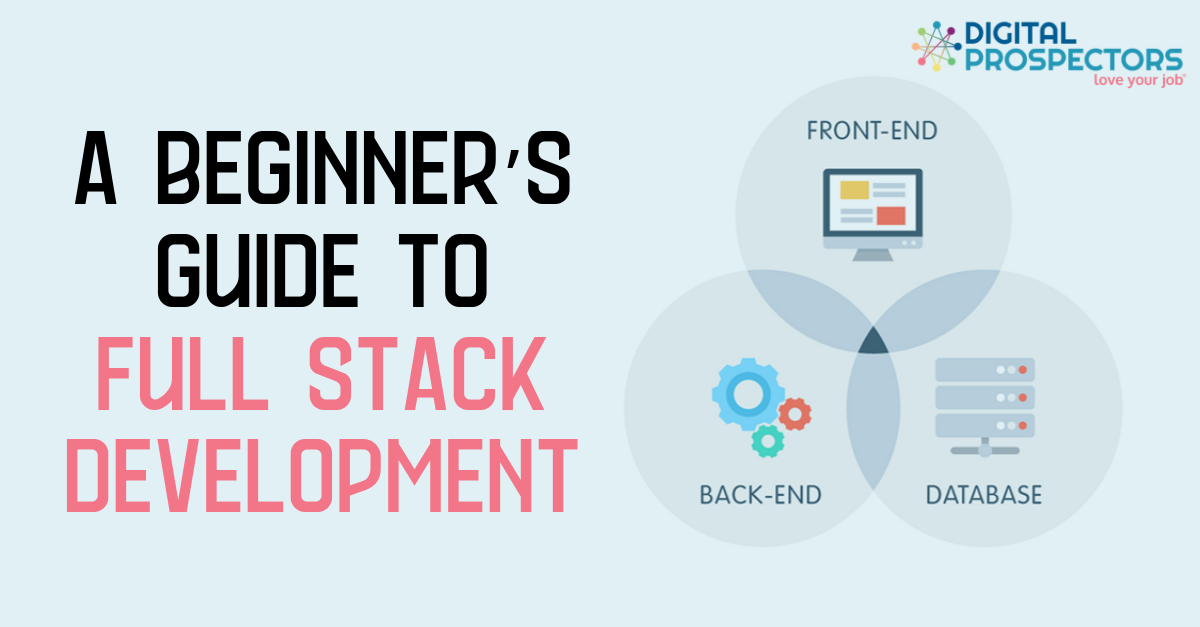A Beginner’s Guide to Full Stack Development
Software engineering includes a wide variety of disciplines and specialties. Some developers focus on user interface programming; becoming well-versed in CSS and JavaScript as a result. Others prefer to write back-end code, handling database CRUD actions or the business rules that lie somewhere in the middle.
Full stack development requires the programmer to be versatile to build everything in a project – front-end, back-end, mobile, and more. Gaining experience with the entirety of the technical stack positions you for a long career in software engineering. With that in mind, here is a high–level overview of the concept.
A Jack of All Programming Trades
Being a good full stack developer doesn’t necessarily mean you are an expert in each part of the stack. You just need to be good enough to be productive in all areas. In this case, being a jack of all trades; master of none is a worthy goal for any programmer.
You need to be able to craft a working application from scratch – be it on a web, desktop, or even a mobile platform. Understanding the best practices for software architecture on each platform is a must. You also need to be able to deploy an app from development to QA and finally to production. Leveraging virtualized container technology, like Docker, helps in this regard.
Being aware of other best practices, like improving performance for a high-traffic public-facing web app, is also important. Understanding other concepts like e-Commerce and social networking are also relevant.
As noted earlier, a full stack dev needn’t be an expert in any one development discipline. Graphic designers with HTML/CSS skills still produce the best UIs. DevOps engineers fully understand how automation and virtualization help optimize the SDLC. Instead, full stack developers are the glue that holds the entire shop together.
View available jobs!
The Best Path to Learn About Full Stack Development
If you are interested in learning more about full stack development, starting off with HTML, CSS, and JavaScript is a good start, especially for web applications. Node.js is an “outside the browser” runtime environment for JavaScript that’s widely popular throughout the industry. Spend some time using it to experiment with building different types of apps. After this, try learning full stack frameworks like Angular or Express.
Basic database knowledge is another must. Try MySQL at first to learn about table design and CRUD statements, and consider moving on to a NoSQL option like MongoDB for a more modern approach.
Ultimately, taking a holistic view of any application gives you the right “full stack” perspective moving forward.
When you need advice on your technology career, talk with the experts at Digital Prospectors. As one of the top IT staffing agencies in the Northeast, we know the companies looking for talented developers. Connect with us soon!


